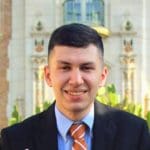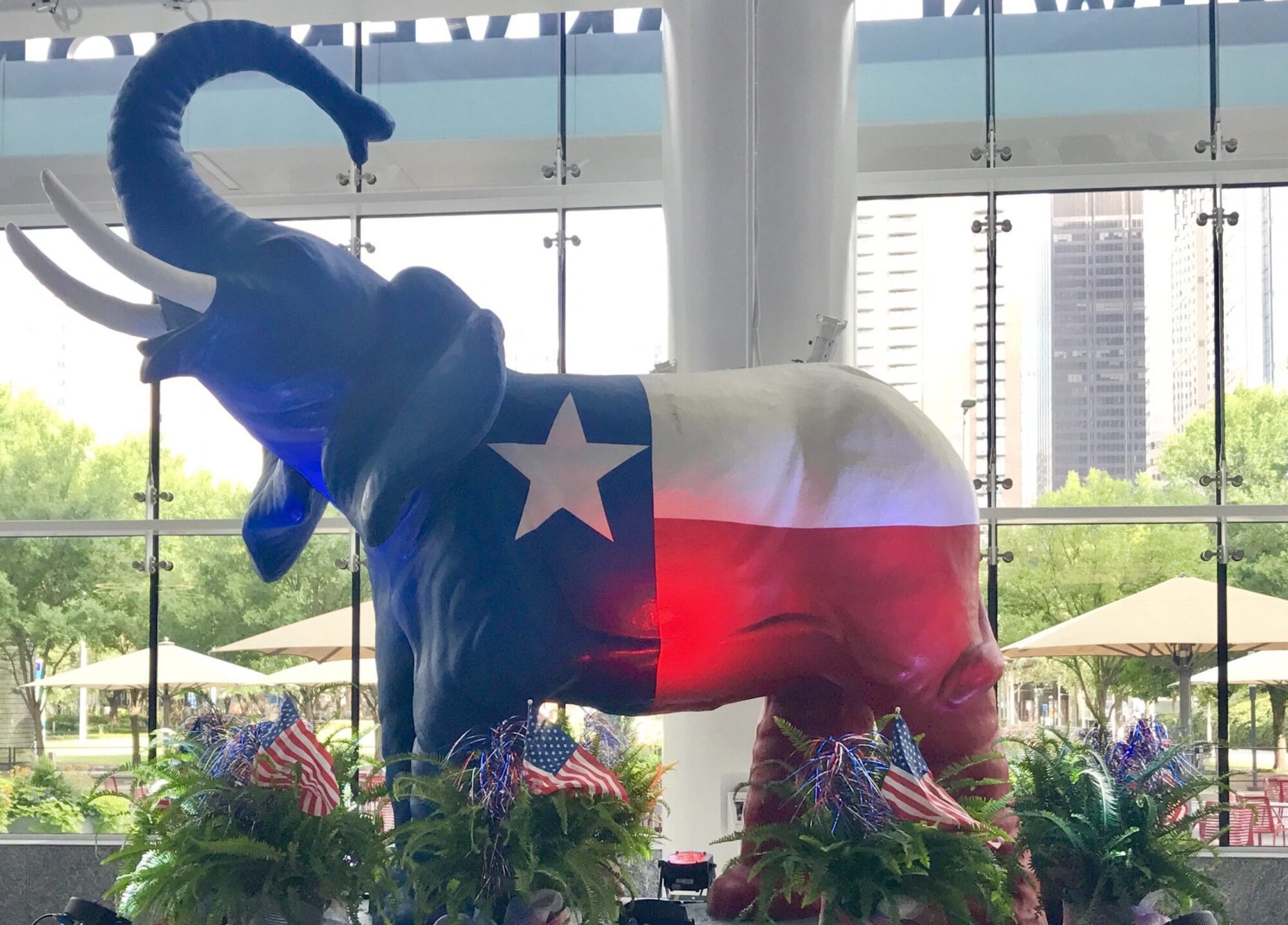Five years after the election, and three years since his arrest, the end is finally in sight for the trial of former Edinburg Mayor Richard Molina.
On Wednesday, the parties rested their cases and handed the facts to the jury to determine Molina’s fate. Richard Molina is charged with changing voters’ addresses who did not live in Edinburg and bribing them for their vote in the 2017 municipal election. His wife and business associate were also charged with voter fraud.
Molina was first elected as mayor of Edinburg in 2017. Soon after, reports began to surface that people who didn’t live in Edinburg had been solicited by Molina’s campaign to vote illegally in the city’s municipal elections. Documents from Hidalgo County’s elections office showed Molina personally helped voters change their registration addresses so they could vote in Edinburg; some voters even used the address of an apartment complex he owned.
Molina narrowly lost re-election in December of 2021. Ramiro Garza was elected as Edinburg’s new mayor, receiving 52 percent of the votes to Molina’s 47 percent.
During its case-in-chief, the State presented numerous witnesses who all testified that Molina pressured them to change their voter address to an address in Edinburg in order to vote in the Edinburg municipal elections. This included critical testimony from Julio Carranza, Molina’s former business partner, who is also charged with voter fraud. Carranza said he encouraged his employees to change their addresses to Edinburg, and testimony from some of those employees corroborated his statements. Critically, Carranza stated that Molina told him, “You’re not going to get caught. Everybody does it.”
Molina denied all allegations against him and denied bribing or coercing anyone into voting for him illegally. However, he openly admitted to telling his family and friends to change their addresses to vote for him. Relying on a “Mistake Of Law” defense, Molina claimed he thought what he did was legal.
“Mistake Of Law” is an affirmative defense available to a defendant when they reasonably believed, based on a representation from the state or someone charged with interpreting the law, that what they were doing was not a crime. To this defense, Molina testified that he relied on his training as a volunteer deputy voter registrar, and he researched the election code and judicial opinions as to what residency was. Molina says he came to the conclusion that residency is determined by a number of factors, including business, ownership of property, and among these was choice.
Molina made the defense that this research led him to believe that telling people who did not live in Edinburg to change their addresses to vote for him was not a crime. The prosecution rebutted this by pointing out that the people who changed their addresses had no intentions of living there and this situation was distinct in that it involved deception, which presented a novel issue. The State argued deception was not a factor to establish residency.
Molina also expressed his displeasure that he was being prosecuted for something he believed was commonplace. State prosecutor Michael Garza, on cross-examination, attacked this defense by asking Molina a number of hypotheticals pointing to the idea of whether someone should be not guilty of a crime just because others do it too. Molina agreed that would not be a valid excuse.
Molina also claimed that the trial was a political retaliation against him. The trial had been previously delayed after Molina filed a motion to disqualify Hidalgo County District Attorney Ricardo Rodriguez. The person who filed the initial complaint against him, Mary Alice Palacios, is Rodriguez’s aunt. Molina claimed Palacios retaliated against him for his vote against an insurance contract she maintained with the city. Judge Carlos Valdez ultimately denied Molina’s motion and allowed the trial to proceed.
On Wednesday afternoon, the judge read the jury instructions and dismissed the jury to begin deliberations. The jury ultimately decided to resume deliberations Thursday morning.
Edinburg, with a population of about 107,000 people, is the second-most populous city in Hidalgo County. Molina’s case is only one of the latest ballot harvesting investigations in South Texas, where organized vote harvesting by paid political operatives has been a recurring problem. Voters can report instances of suspected fraud to the secretary of state, who will refer them to the Office of the Attorney General for investigation.
No ads. No paywalls. No government grants. No corporate masters.
Just real news for real Texans.
Support Texas Scorecard to keep it that way!





